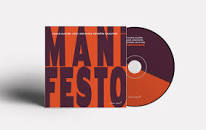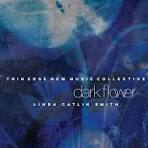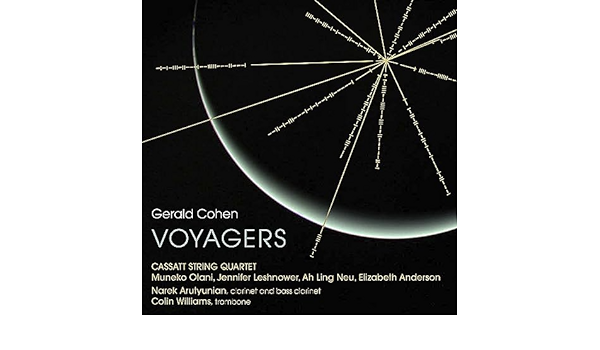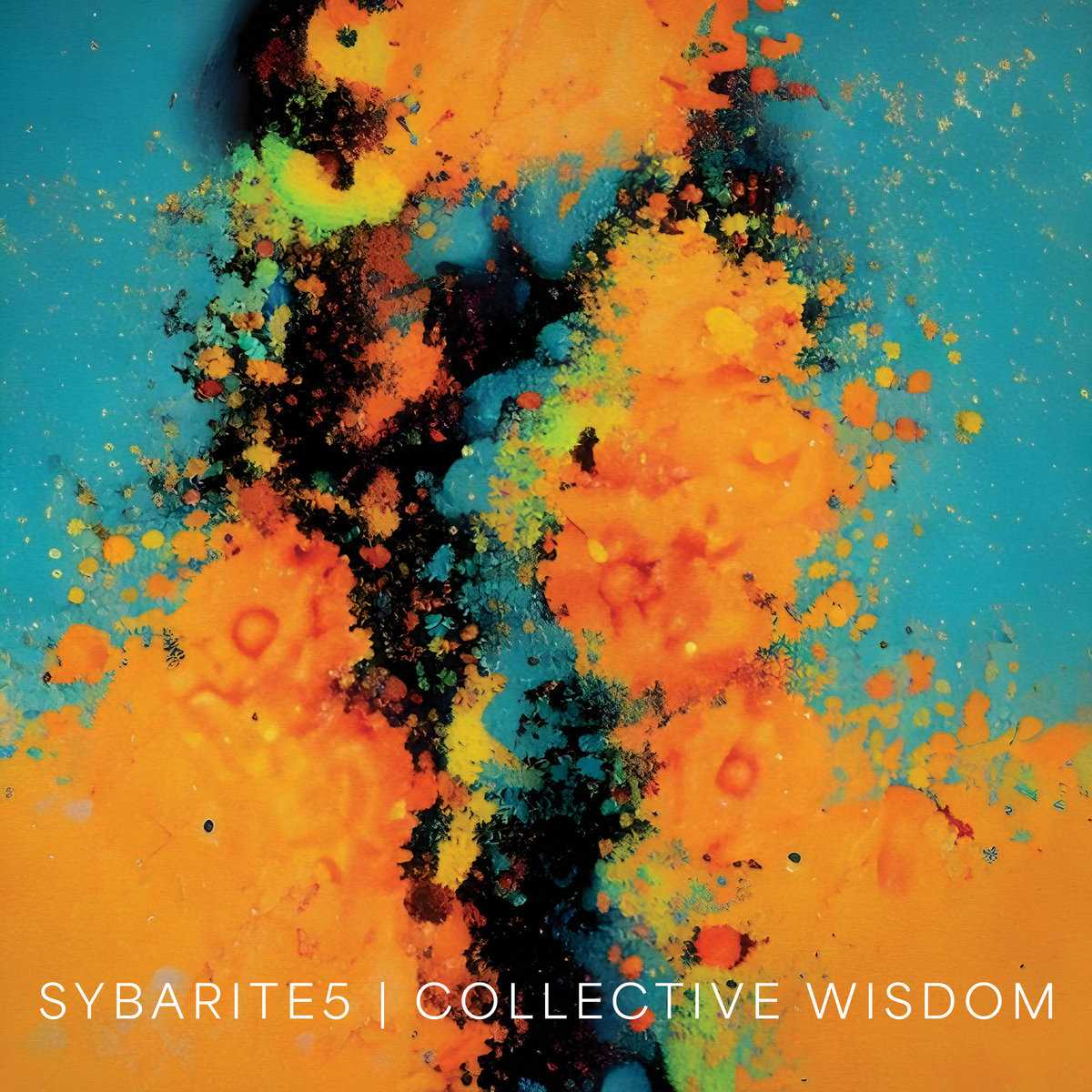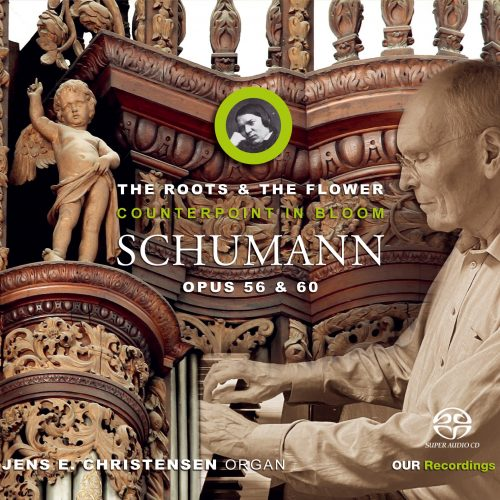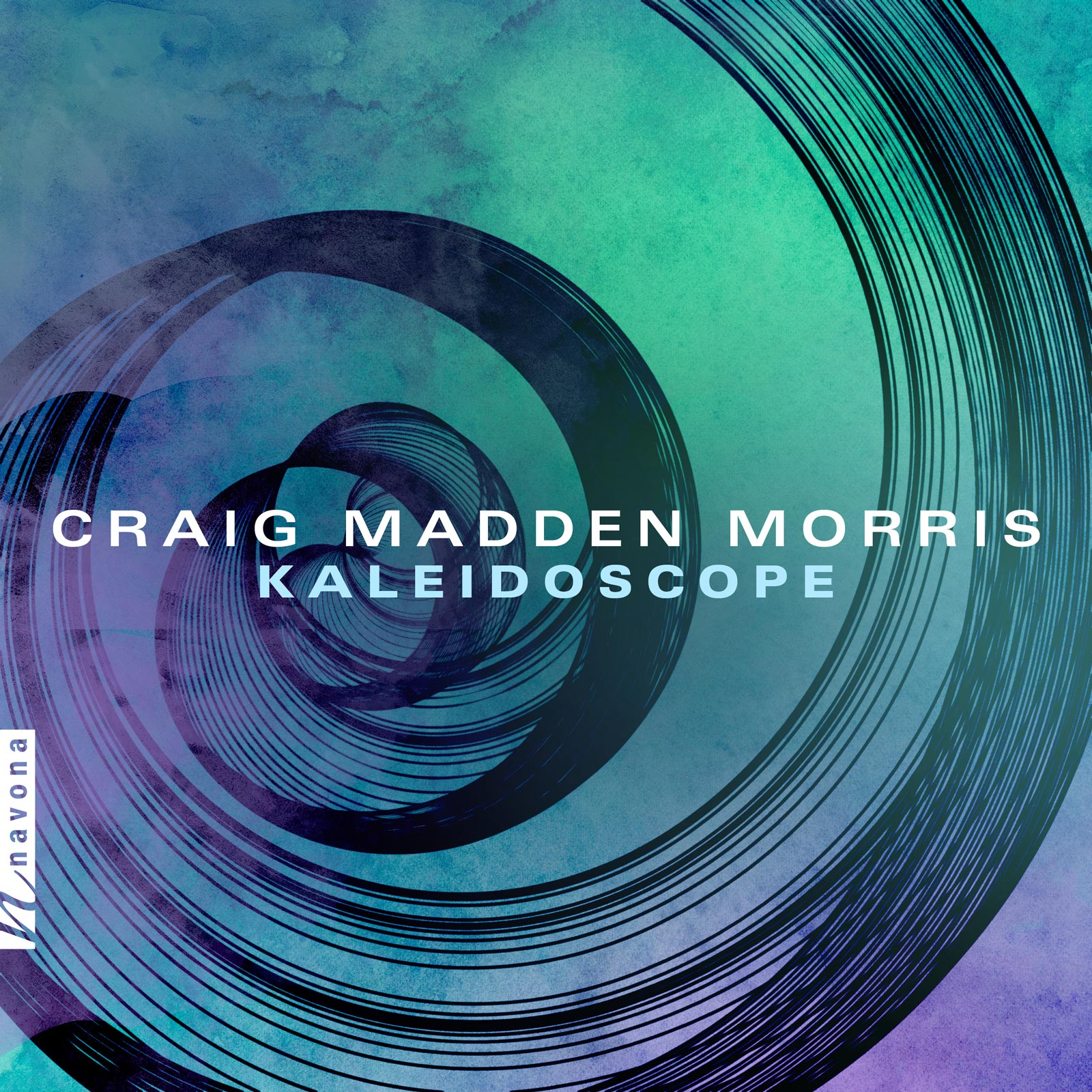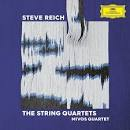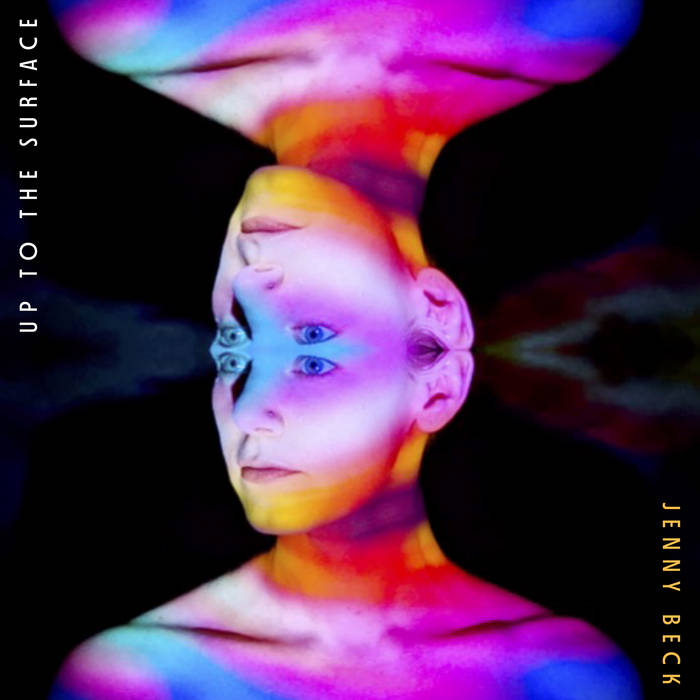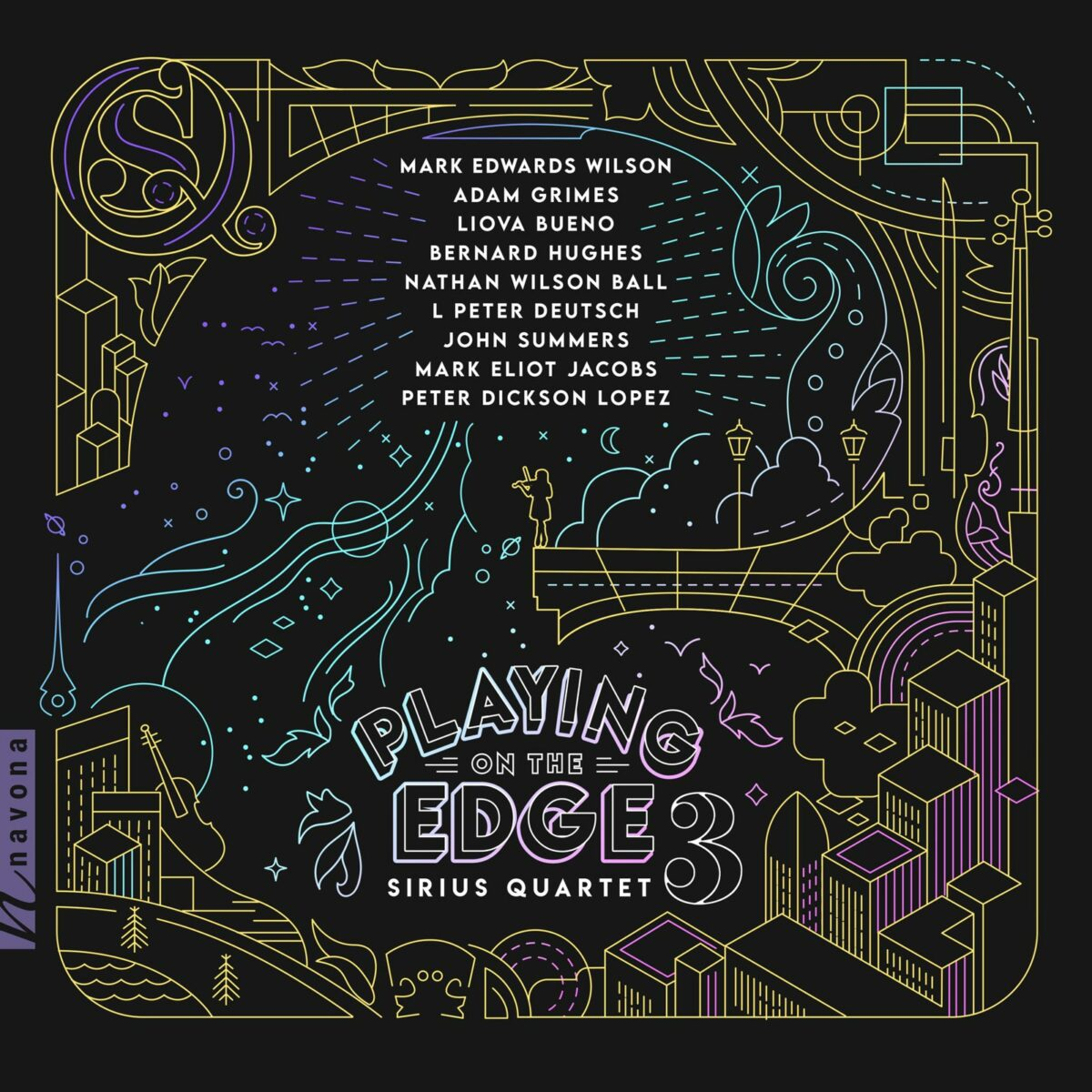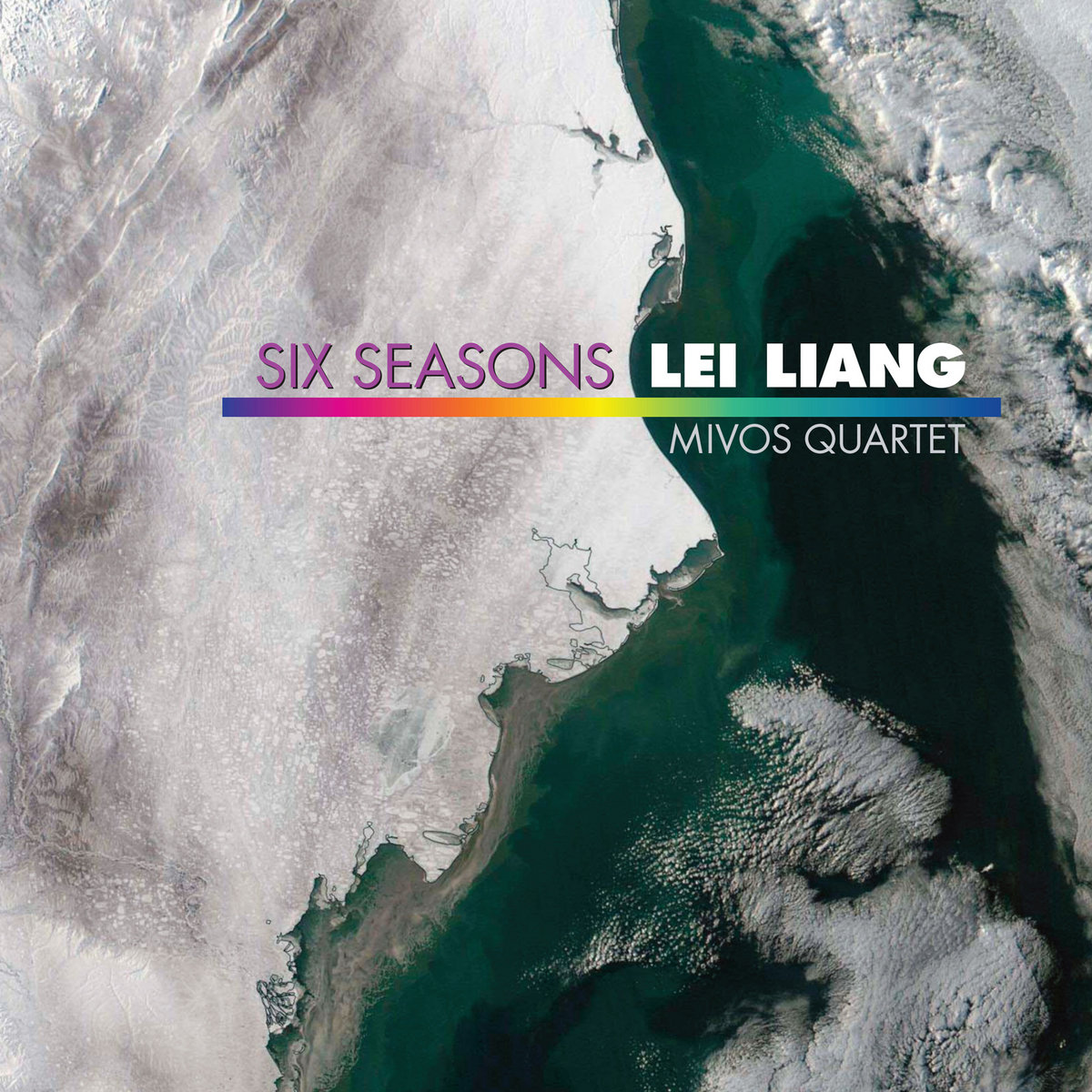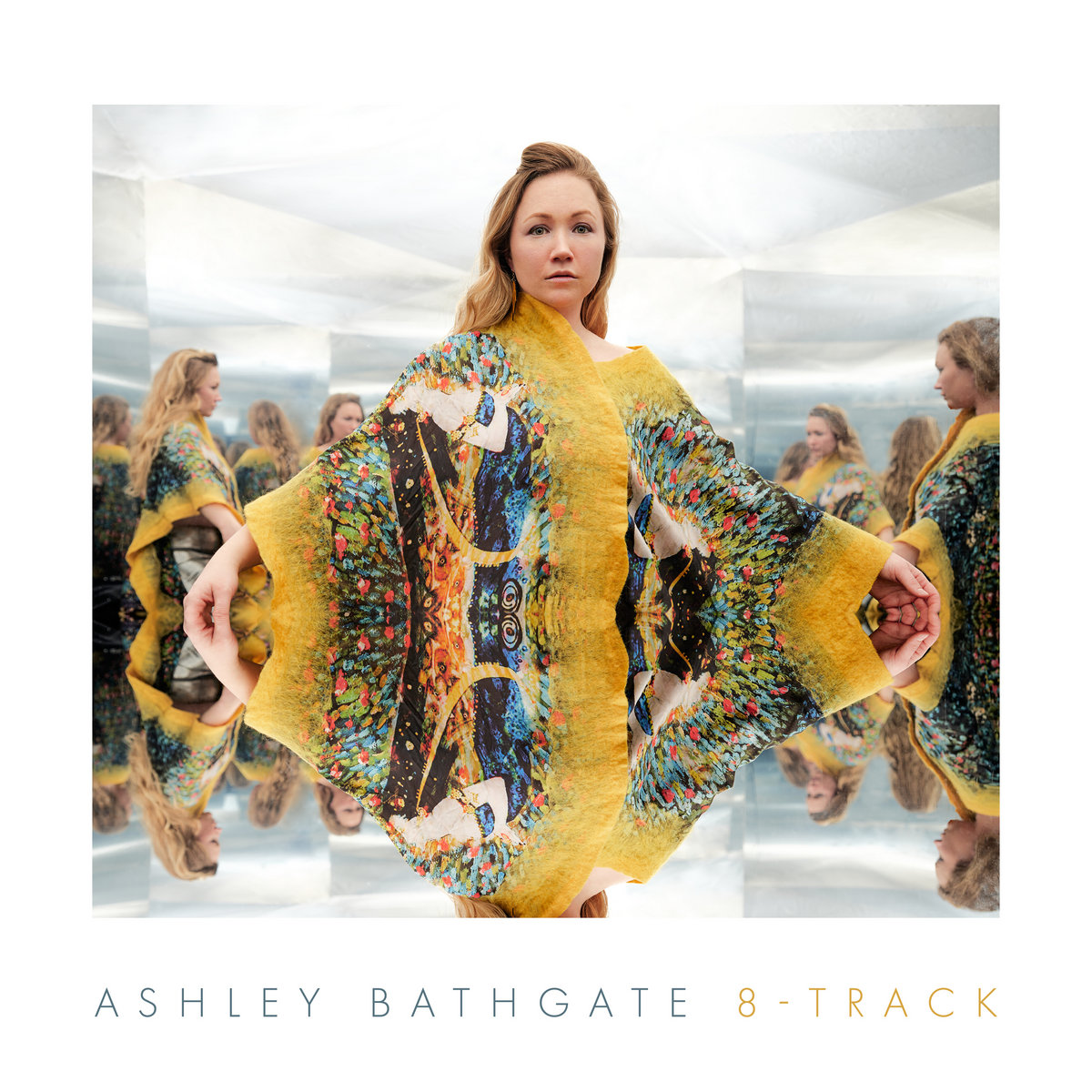Today we roll into the modified Space Age and that robotic vision of Hal in 2001 is closer to our experience than certainly it was when the movie was made. And the music we hear now, is that any closer to the swirls of mad blips, bloops and barongs that formed part of the score in 2001? Well sure and you might argue that most of 2001 was already present in some form in the culture for which it was made, maybe inevitably we are what we are when we make things. It just was not perhaps as central as the movie made it. So then Ligeti's avant work "Atmospheres" graces the score and of course it was made for initial hearing in a neutral concert venue situation. Well now that we are well past the "New Millennium" these days has our music taken a decisive turn into an all prevailing Space Age? Maybe not entirely as yet.
On the other hand the Modern in Modernism can be said to be a constant in New Music Avant circles. There are of course purely Electronic essays in the Modern Music world, there too are Orchestral and Chamber Classical related musics that can be readily heard out there. On the other end of the spectrum too there is the world of Avant Post-Classic Jazz as we hear it.
A very good example of the latter today we can contemplate on aa a new release from the Cleanfeed Label, an intrepid concern with a substantial monthly release schedule of more advanced Improvisation being played today, with natives from Europe especially Portugal but the rest of Europe very much as well as the East and the US West, sometimes a conglomeration of all, or two of the three or so possibilities. On today's release we have two regions well represented--for the USA steel pedal guitarist Susan Alcorn, a very-much-in-the-limelight artist these days, doing important work, and here also two fellow travelers from Europe involved in such heroic endeavors as well. So making the rest of the trio are Jose Lencastre on alto and tenor sax and Hernani Faustini on acoustic double bass.
Six probing and adventurous pieces make up the whole, all in a free improvisatory style so often a fixture of the Clean Feed way. Susan Alcorn has pioneered an avant style using the conventional steel pedal guitar and she is very much in her element here with the full spectrum of the instrument's note possibilities to vitiate advanced figures that glide like conventional playing of the instrument but then stand out with a good deal of imaginative note spinning and some advanced technique propelling us along as well.
Alcorn is given two especially well healed avant artists with Jose Lencastre wielding an aggressive and exciting stridency making a statement about the ethnicity and forward loving nastiness and then the all-over intensity of the stellar sorts of jazz dates that define where it all is as a modernism should go. Hernani Faustino does all the right things to help enflame and engulf caustic kindling.
Give a listen to the entire album at Bandcamp https://cleanfeedrecords.bandcamp.com/album/manifesto
